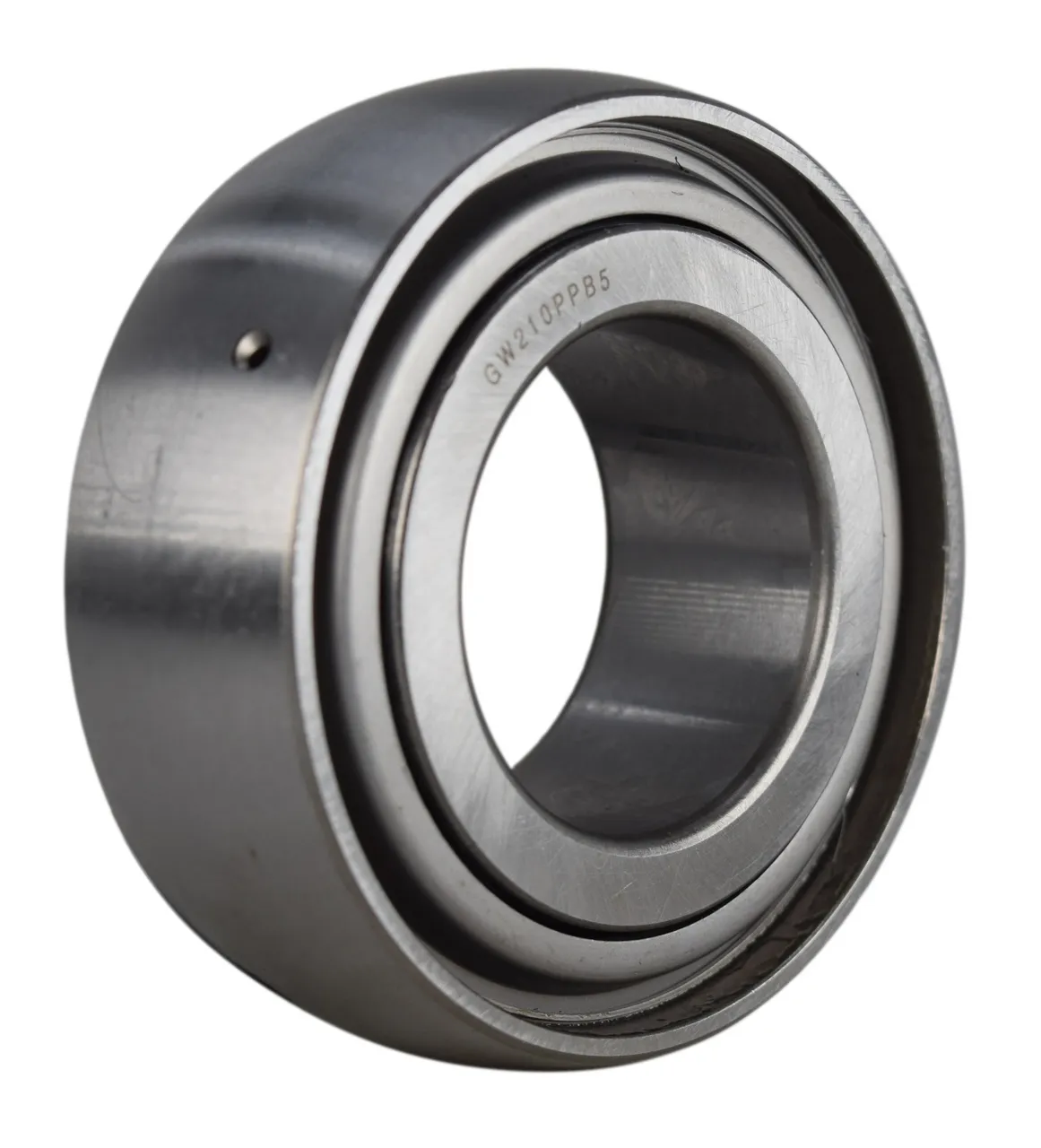Nov . 29, 2024 21:53 Back to list
Compact Ceramic Bearings for Precision Applications and Enhanced Performance
Exploring Small Ceramic Bearings A Modern Solution for Precision Engineering
In the realm of engineering and manufacturing, the importance of precision components cannot be overstated. Among these components, small ceramic bearings stand out for their unique properties and broad applications. As technology advances and the demand for efficient, reliable machinery grows, the popularity of ceramic bearings continues to rise.
Ceramic bearings are composed primarily of materials like alumina or silicon nitride, which offer several advantages over traditional steel bearings. One of the most significant benefits is their lightweight nature; ceramic bearings are much lighter than their metal counterparts, making them ideal for applications where weight reduction is critical. This feature is particularly advantageous in the aerospace and automotive industries, where every ounce counts toward improved fuel efficiency and performance.
Another key advantage of small ceramic bearings is their exceptional resistance to wear and corrosion
. Unlike steel bearings, which can degrade over time due to exposure to moisture and harsh chemicals, ceramic bearings remain durable and functional in challenging environments. This characteristic makes them suitable for use in industries such as pharmaceuticals and food processing, where hygiene and cleanliness are paramount.small ceramic bearings

Moreover, small ceramic bearings exhibit high thermal stability, allowing them to function effectively in high-temperature applications. This thermal resilience ensures consistent performance, reducing the risk of bearing failure in situations where heat build-up is a concern. As a result, they are often chosen for high-speed applications, including electric motors and robotics, where precision and reliability are crucial.
Additionally, the low friction properties of ceramic materials enhance the efficiency of machinery. Reduced friction leads to lower energy consumption, which is increasingly important in today's environmentally conscious world. Manufacturers benefit not only from cost savings but also from a smaller carbon footprint, aligning with global sustainability goals.
Despite their many benefits, it's worth noting that small ceramic bearings can be more expensive than traditional bearings, primarily due to the manufacturing processes involved. However, the long-term savings associated with reduced maintenance costs and increased operational efficiency often justify the initial investment.
In summary, small ceramic bearings represent a cutting-edge solution in the field of precision engineering. Their lightweight nature, resistance to wear and corrosion, thermal stability, and low friction properties make them highly desirable for various applications. As industries continue to innovate and evolve, the reliance on ceramic bearings is likely to expand, driving improvements in efficiency and performance across numerous sectors.
Latest news
-
UCFC212-38 Round Flange Housing 4 Bolt Ball Bearing - Durable & Precision
NewsAug.29,2025
-
GW315PPB11 Ball Round Hole Agricultural Bearings - Durable & Reliable.
NewsAug.28,2025
-
Top Spherical Roller Bearing Material Exporter - High-Performance Alloys
NewsAug.27,2025
-
Durable PLC 110-190 Spherical Roller Bearing for Mixer Reducer
NewsAug.26,2025
-
CSK-2RS Sprag Clutch One Way Bearing: Sealed, High Torque, Durable
NewsAug.25,2025
-
CKZ-D Series One Way Overrunning Clutch: Reliable Power Control
NewsAug.24,2025